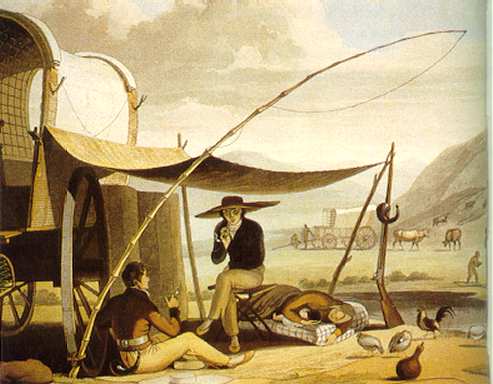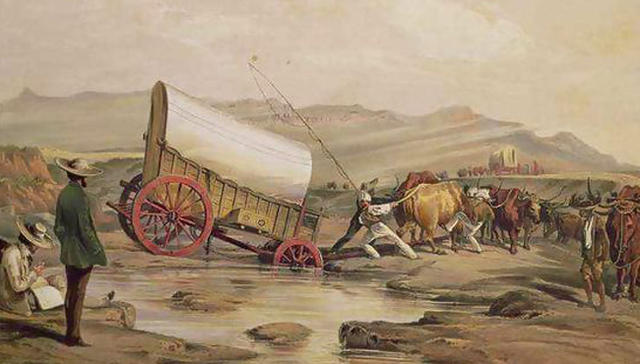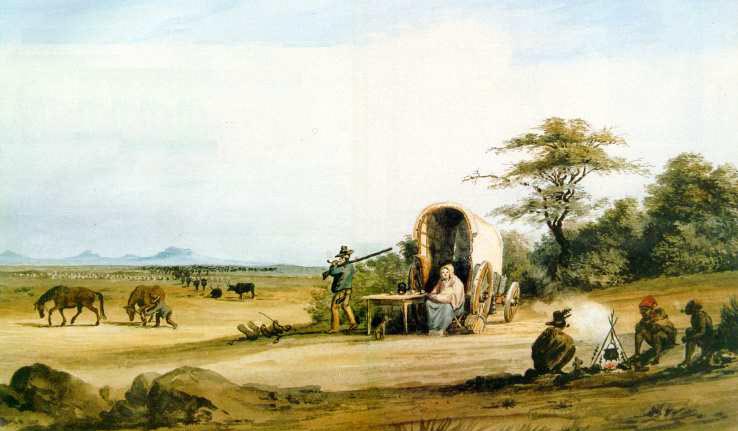FRIDAY, 31 MARCH 2017
The main idea of the Social Justice Warrior ideology is not to offend anyone. I recently read it is now offensive to say, “Long time no see” and “No can do” because it apparently offends people still learning English. Alternatively it offends Chinese people who say something similar in Chinese and the warriors consider the English equivalent to be a racist rip-off.
Other examples that can be mentioned include the passenger of a Lyft driver who slammed the driver because he had a Hawaiian hula doll on his dashboard. The man’s ignorance of how insulting the doll was to the “continent of Hawaii” was shocking to the young woman, and she insisted on him removing the offensive decoration without delay. Then there was the student who couldn’t spit enough swear words in the face of the Yale professor whose wife believed students were old enough to decide for themselves what is appropriate and what not when it comes to Halloween outfits. Didn’t the professor and his wife realise that the students didn’t want to decide for themselves whether a Pocahontas costume is racist, the young activist inquired with a face red with rage, as about a hundred other fighters were fast encircling the professor.
Being nice to people is usually a good thing. Not offending anyone is also usually a good thing. So why stop at criticising what people say or how they dress?
Here are a few suggestions for the average Social Justice Warrior who wants to go beyond pedestrian, or for whom being just an average warrior is simply not good enough anymore:
* There are lonely people out there who find it very offensive to see couples holding hands and being affectionate with each other. They are also very sad at the thought that these people will probably be having passionate sex before the end of the day. I suggest the SJ Warrior who wants to go radical should offer to have sex at least once a week with people who can’t seem to get laid on their own steam.
* Many religious people find it extremely offensive that other people don’t adhere to their beliefs or live according to their religious prescriptions. If you want to go beyond average warrior, I suggest you convert to preferably a radical understanding of [any religion of your choice] to avoid offending any radical [adherents of this religion]. [Adherents of certain belief systems] seem to be okay with other people not following their religions, but [I am sure you can find at least one other religion where adherents] also seem to be very touchy on the subject. My suggestion is that the ambitious Social Justice Warrior sets a schedule: Adhering to radical [interpretation of Religion 1] on Mondays to Wednesdays, and adhering to radical [interpretation of Religion 2] on Thursdays to Saturdays. On Sundays the radical warrior may apply to have the day off from Social Justice Central. Or, they could always use this day to have sex with lonely people.
* Less affluent warriors also feel ashamed every time their fellow warriors walk around with a new iPhone or other digital device. The true Social Justice Warrior ought to buy a new digital device for an economically less privileged fellow warrior every time they get themselves a new one. It’s the right thing to do.
* Body-shaming is a terrible social sin and people really ought to be punished severely for it. But people who carry slightly more than the average amount of body weight often feel very sad that they don’t look like other, slimmer warriors. The warrior interested in true social justice ought to start putting their mouths where their words are. Just criticising other people for body-shaming shouldn’t suffice. The true SJW should know what it feels like to be – you know? – not perfect.
______________________





